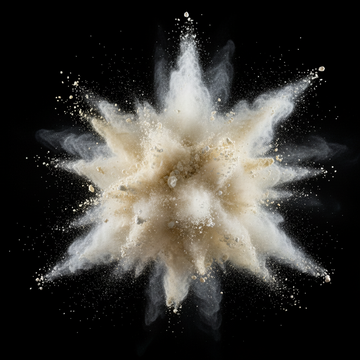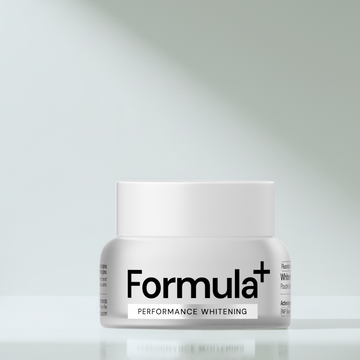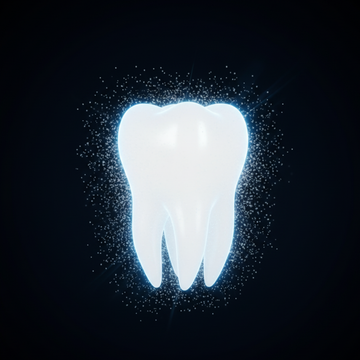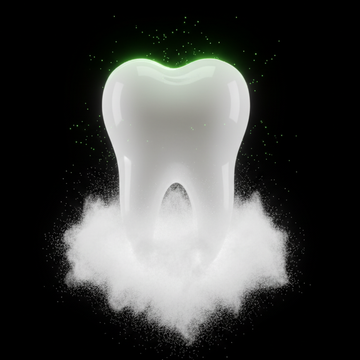Rethinking "Antibacterial"
For years, the approach to fighting cavities was to "kill all germs" with powerful, broad-spectrum antibacterial agents like Triclosan. This is a simplistic and outdated strategy. A healthy mouth is not a sterile one; it is a complex ecosystem teeming with hundreds of types of bacteria, many of which are neutral or even beneficial. The modern, sophisticated approach to oral health is not about sterilization but about balance. It's about managing the oral microbiome. This is where Xylitol comes in—a remarkable, naturally occurring ingredient that selectively targets the most harmful bacteria without disrupting the entire ecosystem.
The Enemy: Streptococcus mutans
The primary bacterial culprit behind tooth decay is a species called Streptococcus mutans (S. mutans). This bacteria thrives on the sugars and carbohydrates in our diet. It consumes these sugars and, as a byproduct of its metabolism, produces acid. This acid is what leaches minerals from our tooth enamel, a process called demineralization, which ultimately leads to cavities.
Xylitol's Unique Mechanism
Xylitol is a five-carbon sugar alcohol found naturally in many plants. While it tastes sweet to us, it's a metabolic dead-end for
S. mutans. The bacteria readily absorb Xylitol, thinking it's a normal sugar they can use for energy. However, they lack the enzymes to digest it. This has two powerful effects. First, since the bacteria cannot metabolize Xylitol, they cannot produce acid, which directly inhibits enamel demineralization. Second, the attempt to process the Xylitol clogs the bacteria's metabolic machinery, forcing it into a "futile energy consumption cycle" that saps its resources and ultimately inhibits its growth and ability to reproduce. This action also reduces the bacteria's ability to produce the sticky polysaccharides that allow plaque to adhere to tooth surfaces.
The Evidence for Xylitol
Scientific studies have demonstrated that the regular use of Xylitol can effectively reduce the levels of S. mutans in both plaque and saliva, contributing to a significant reduction in dental caries. While the evidence for its benefits is strong, it is also important to note that some systematic reviews have called for more high-quality, long-term trials to make the most robust conclusions about its effects. This reflects a commitment to rigorous science, which supports Xylitol's role as part of a comprehensive oral health strategy.
By including Xylitol, Formula Plus moves beyond the simple act of cleaning teeth and into the advanced science of microbiome management. It selectively weakens the most pathogenic bacteria, giving the beneficial bacteria a competitive advantage and helping to shift the entire oral ecosystem towards a healthier, more balanced, and less cavity-prone state.










